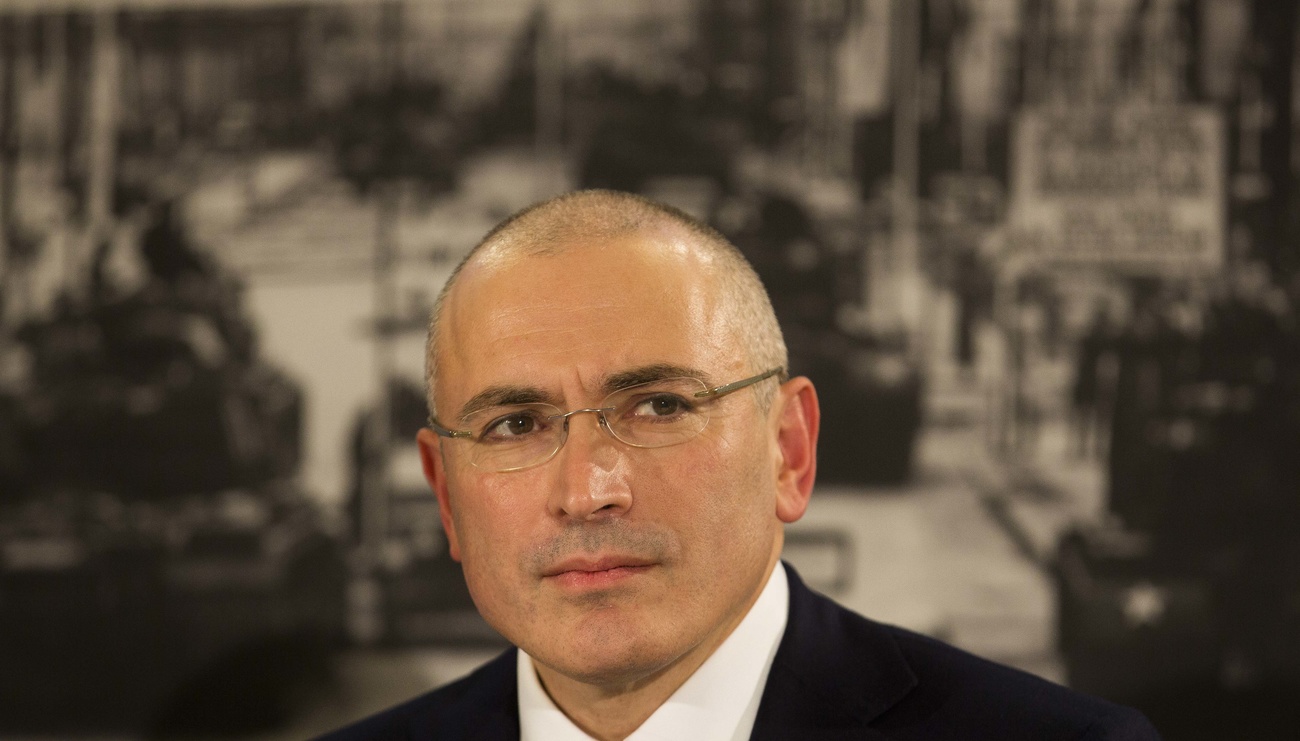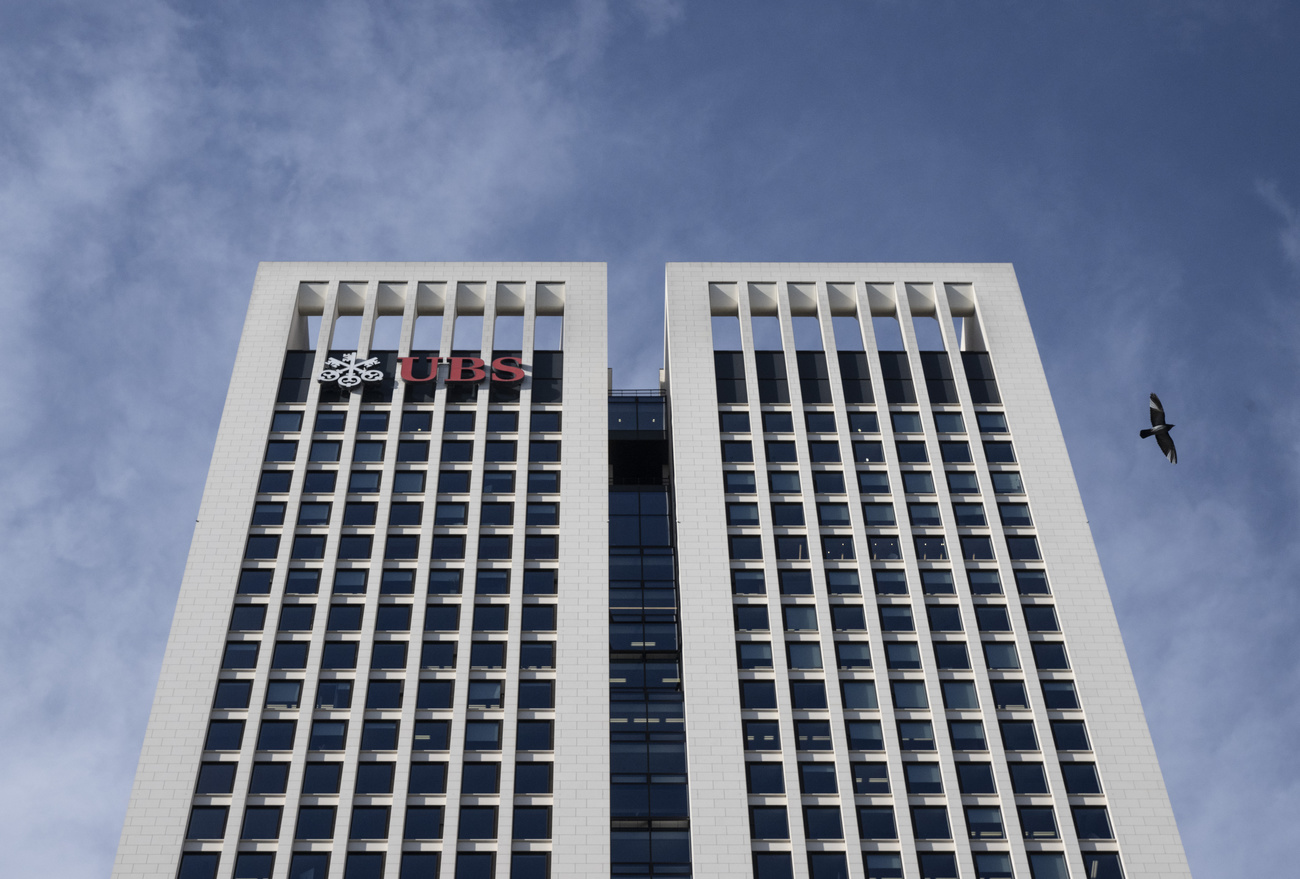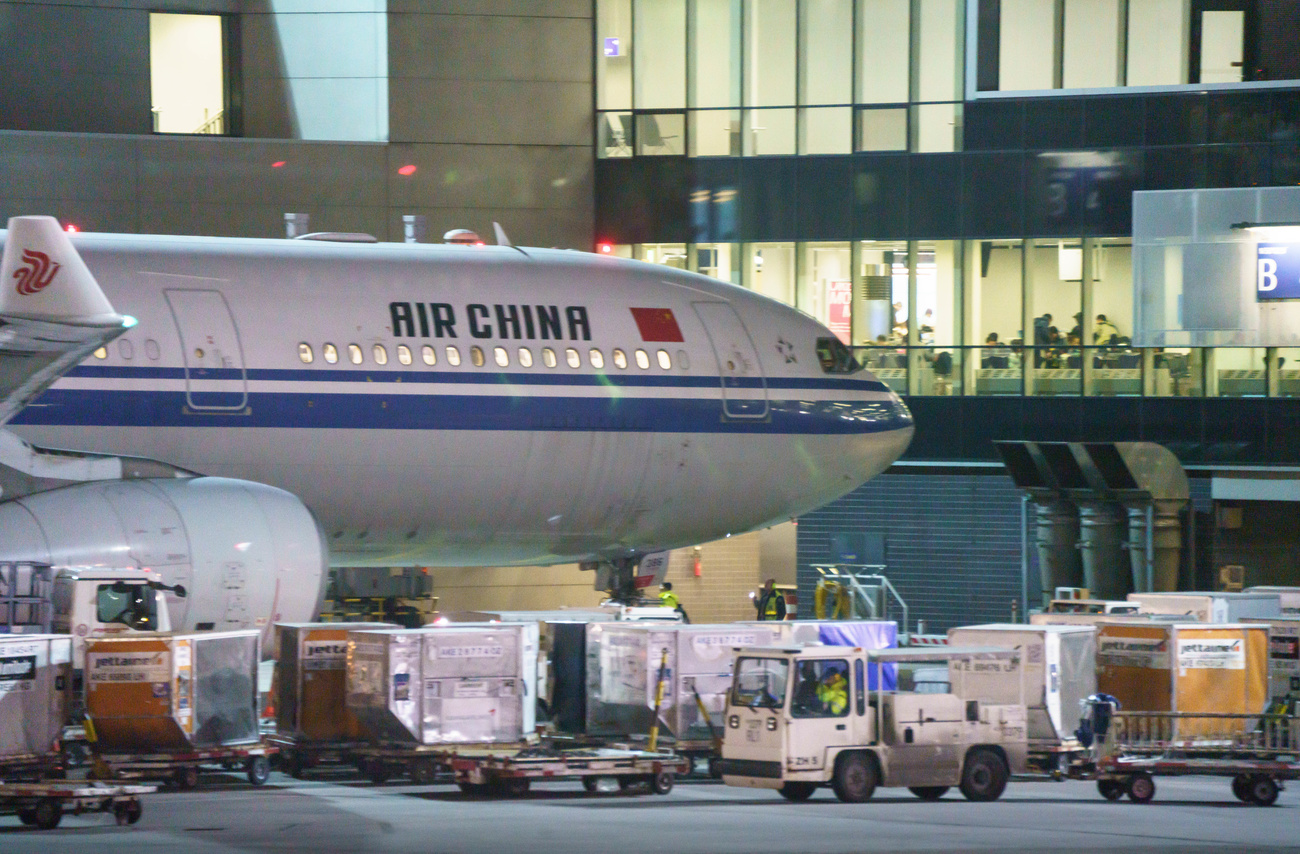
Switzerland Today
Dear Swiss Abroad,
How long should Swiss banks be allowed to keep old documents confidential? Is 100 years too long? That’s the question historians are asking. This and the other news of the day in Friday’s briefing.

In the news: Swiss links to Taiwan, Spain, and Mozambique.
- Switzerland has rejected a request by Spain to re-export Swiss-made weapons to Ukraine. As with Denmark and Germany before, Bern rejected the demand based on the war materiel act, which prohibits the re-export of Swiss-made weapons to war zones. This law, much misunderstood outside Switzerland, reflects the country’s traditional neutrality.
- After a five-day visit to Taiwan, a Swiss parliamentary group has advocatedcloser links particularly on trade and education. The politicians’ trip, which was not welcomed by China, involved them meeting government and parliamentary representatives in Taipei as well as Taiwan’s president Tsai Ing-wen. Switzerland, like many countries, does not recognise Taiwan as an independent country.
- Swiss President Alain Berset today ended a visit to Mozambique which focused on bilateral ties and cooperation in the UN Security Council, of which both countries are currently members. Berset also visited the northern province of Cabo Delgado, where some 1.5 million people are dependent on humanitarian aid, owing to the spread of violent extremism.

Khodorkovsky: what a post-Putin Russia could look like.
Mikhail Khodorkovsky was once Russia’s wealthiest man. Now he is in exile in London, where he voices his opposition to Vladimir Putin. Today he gave an interview to the Blick newspaper, republished by SWI swissinfo.ch, in which he outlines some views on the war in Ukraine, the economic viability of Russia, and what a post-Putin Russia could look like.
On the war in Ukraine: “There are three ways the war could unfold. The first: the Russian regime collapses, perhaps because Putin dies of a heart attack. The second: the war goes on for years with heavy losses, but it’s not possible to predict how it will end. The third: the West equips Ukraine with the means it needs to end the war quickly. It has to be the kind of help that makes Putin think that he will lose.”
On the western sanctions: “They definitely work in the long term. But the main source of the conflict is the influence of specialist professionals. For example, Western countries could recruit Russian engineers and make it very easy for them to emigrate. The loss of such people is far more painful for Putin than the economic sanctions. In addition, the West could benefit from such people, since it has a shortage of skilled workers.”
On a new political system for Russia: “There are two routes. One is the Yugoslav model, in which Russia would be divided into several states. That would be very dangerous and could lead to nuclear conflicts and new dictatorships. I support the path of complete reconstruction and the development of a parliamentary and federalist model – similar to Switzerland. There is a lot of support for this model in the [Russian] cities.”
The full interview is available (in German) on SWI swissinfo.ch.

UBS: keeping its old archives firmly closed, for now.
Yesterday, Switzerland’s second biggest bank Credit Suisse was in the news for current problems. Today, its biggest bank UBS is in the news for older ones. Academics from the Swiss History Society are unimpressed about being denied access to the bank’s archives, which they want to view as part of their research into the history of the Swiss finance industry, Beobachter magazine reportsExternal link.
UBS doesn’t have to say yes; according to banking secrecy laws, it retains the right to reserve access to documents even 100 years old. But in this case, the historians say, it’s unacceptable when the archives have such a historical importance. They’re particularly miffed that WW2-era documents, which were already viewed by a commission 25 years ago, are now again under lock and key.
The historians have thus written to Swiss Finance Minister Karin Keller-Sutter, asking to have their views included in discussions about changing the laws on banking secrecy. While much of these ongoing discussions are about the legality of journalists getting access to secret banking data, the historians say the issue should include the past decades of the banking sector as well.

Flights from China are back, but not yet the tourists.
The first direct commercial flight between China and Switzerland since the pandemic touched down in Geneva on Thursday, RTS television reported last nightExternal link. After almost three years in which air travel between the countries was (almostExternal link) fully suspended, the occasion was marked by a “ceremony” involving the Chinese embassy – despite the fact that the plane was only one-third full.
“The situation does not look set to improve” in the coming weeks, RTS laments; demand is low, and some flights are being cancelled. Far from being discouraged about the lack of cultural exchange between East and West however, the real concern is as usual money. Chinese tourists in Switzerland spend a lot, RTS says: on average “CHF400 per day per person” – well over double that of their stingy European counterparts.

In compliance with the JTI standards
More: SWI swissinfo.ch certified by the Journalism Trust Initiative








